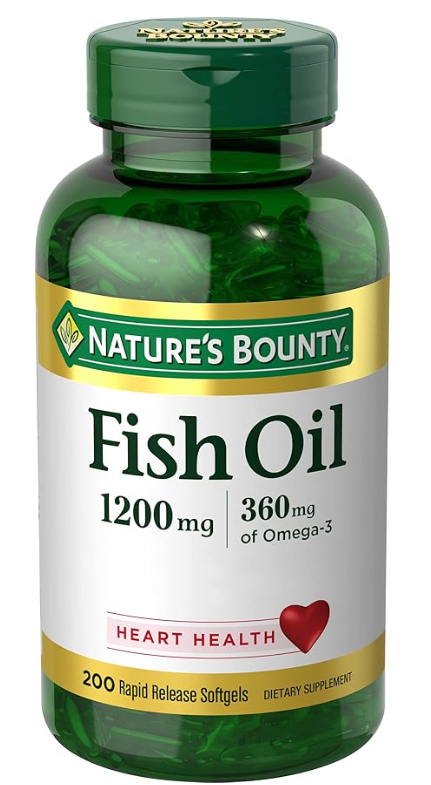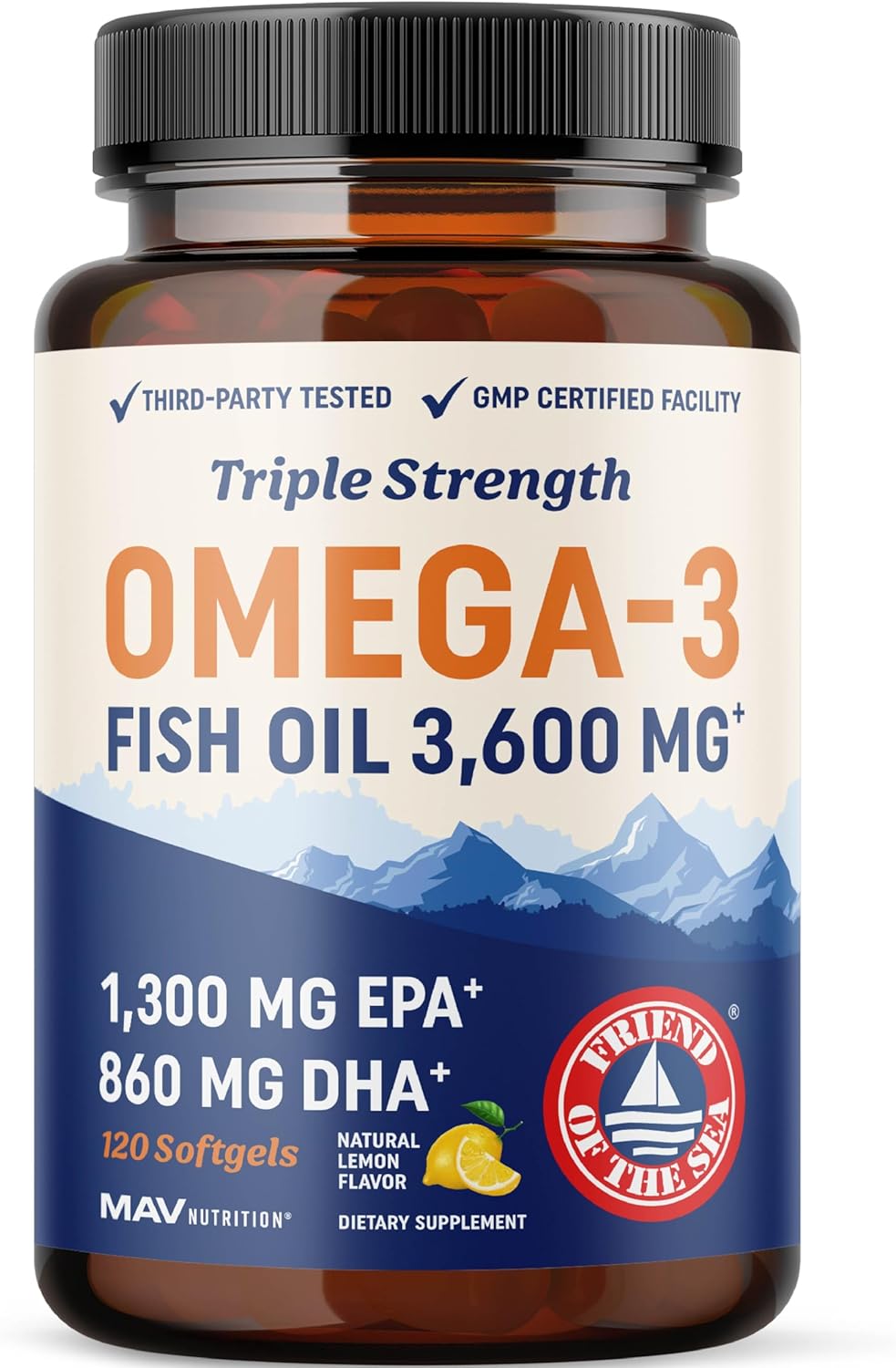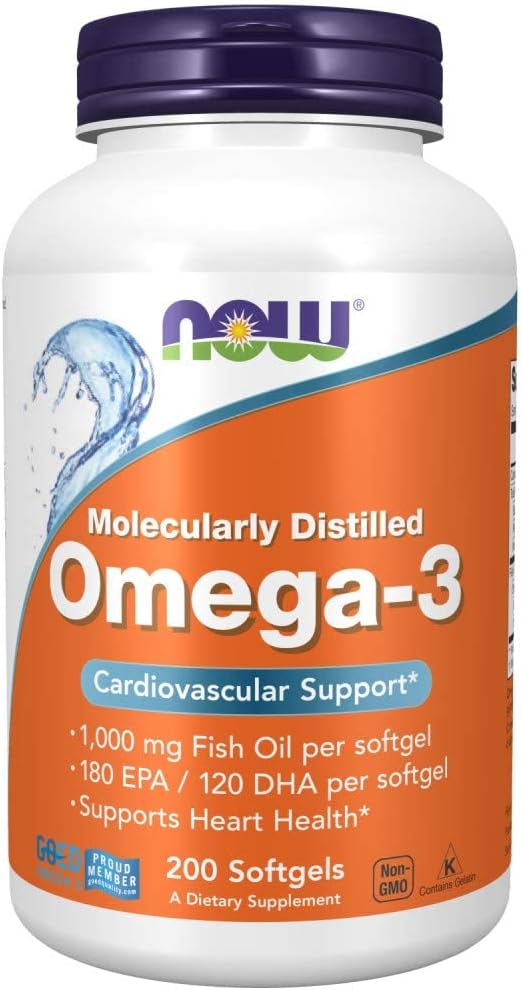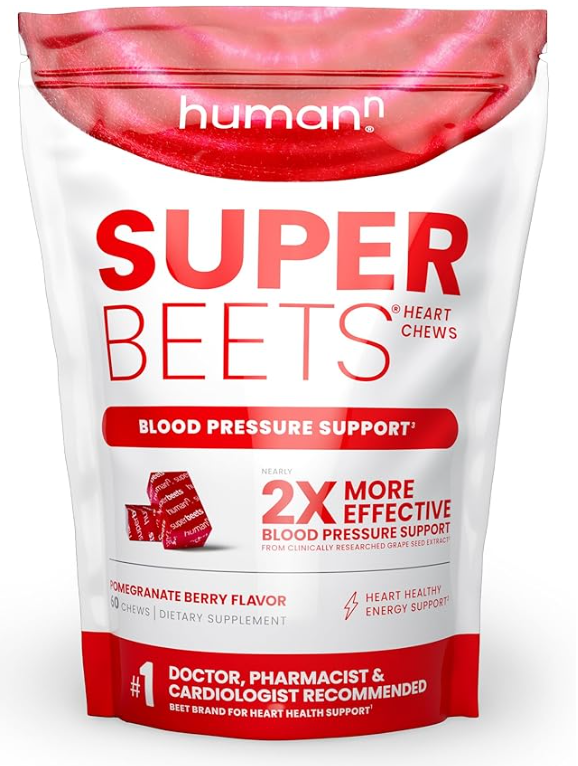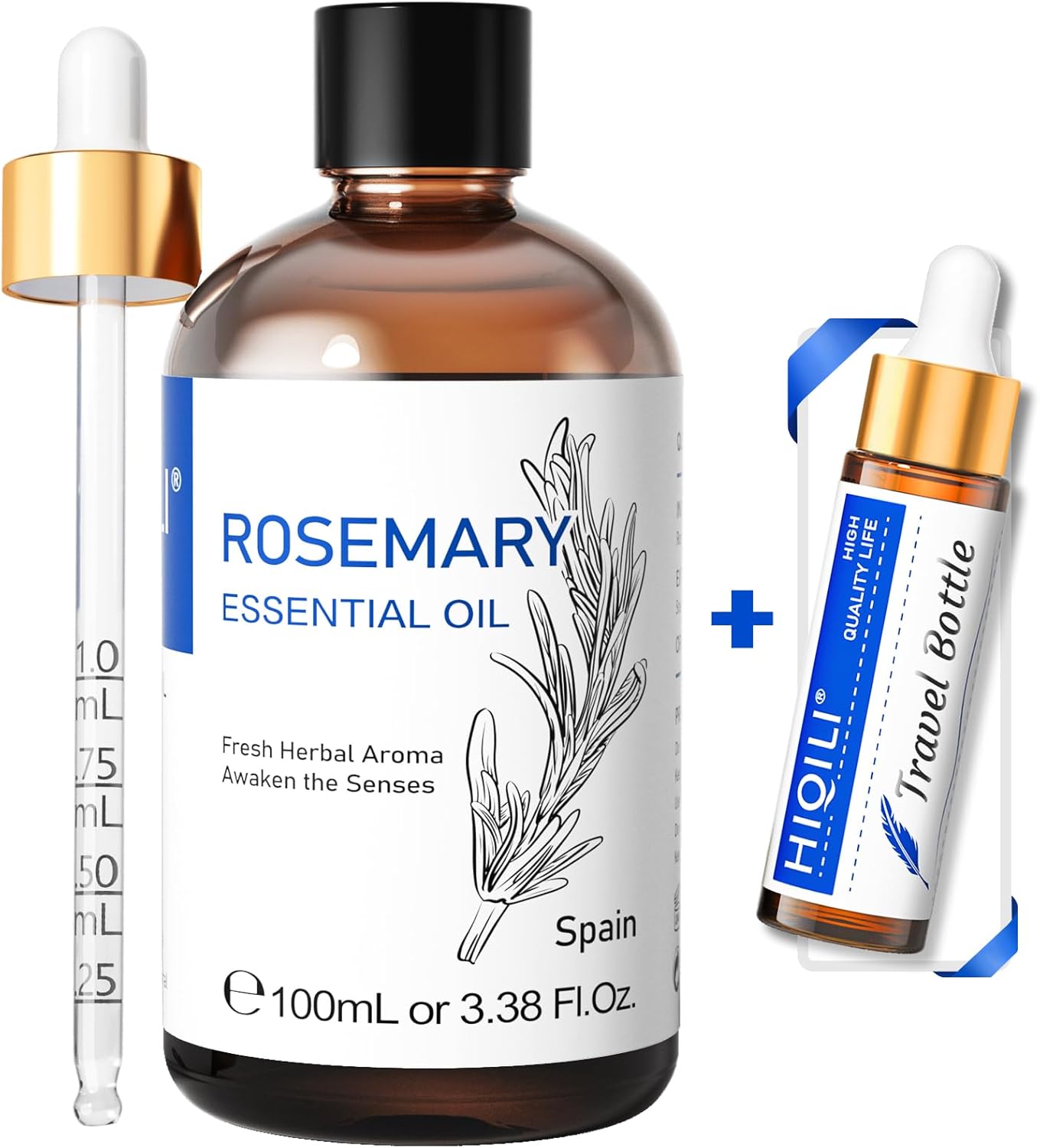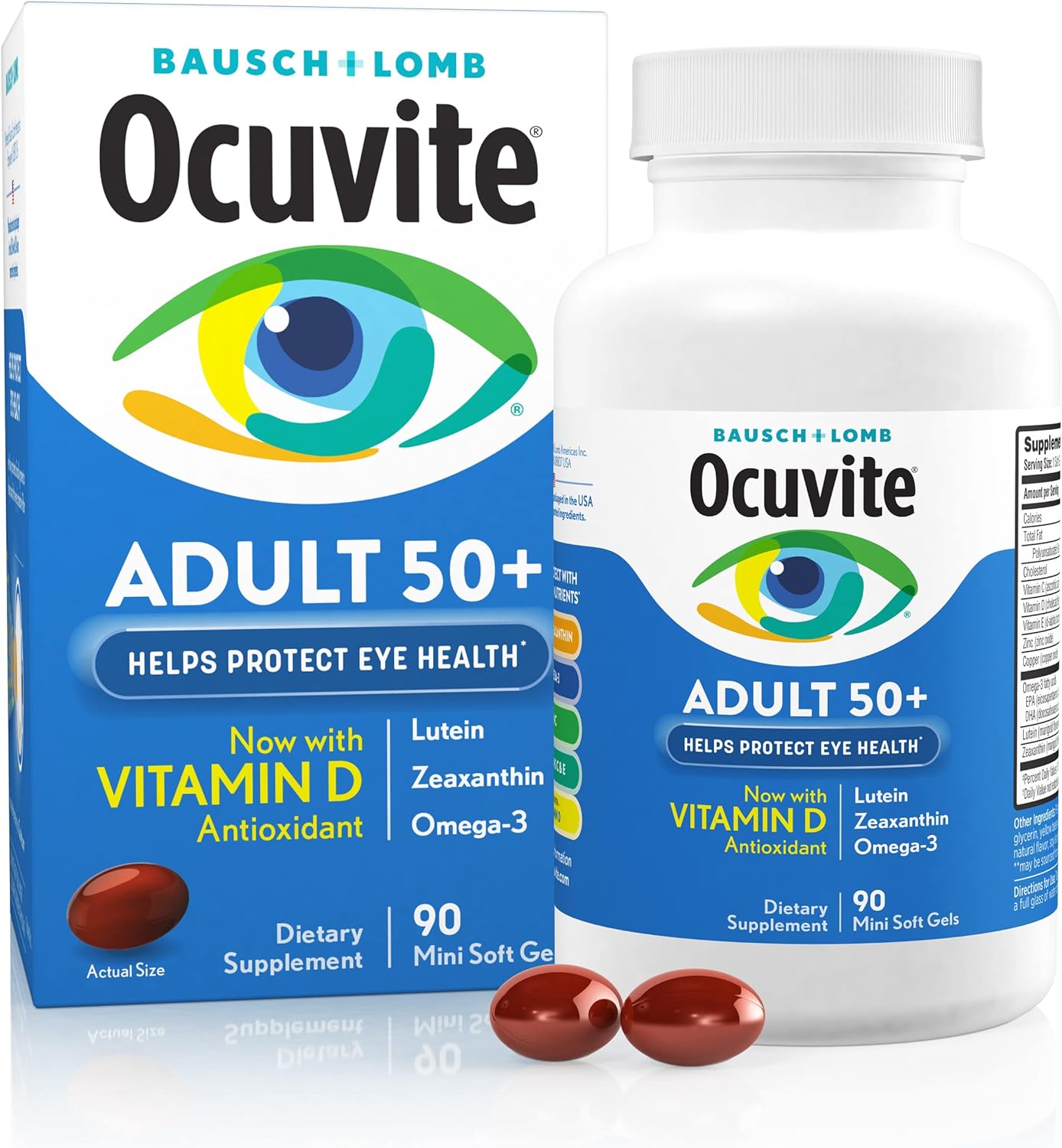Understanding the Nutritional Needs of Seniors
Seniors have unique nutritional needs due to changes in metabolism, dietary restrictions, and the prevalence of chronic diseases. It's crucial to understand these needs to select the best supplements that can help maintain a healthy lifestyle.
-
Calcium and Vitamin D for Bone Health As we age, bone density decreases, increasing the risk of fractures. Calcium and vitamin D are critical for maintaining bone health. Calcium supports bone structure, while vitamin D enhances calcium absorption. Seniors should consider supplements to ensure they receive adequate amounts, especially if dietary intake is insufficient. Research suggests that seniors, particularly postmenopausal women, are at a higher risk for osteoporosis, making these nutrients essential. Incorporating vitamin D through exposure to sunlight and fortified foods can also be beneficial, but supplements provide a reliable source, especially in regions with limited sunlight.
-
B Vitamins for Energy and Brain Health B vitamins, including B6, B12, and folic acid, are essential for energy production and cognitive function. These vitamins help maintain nerve function and red blood cell formation. Seniors often have difficulty absorbing B12 from food, making supplements a beneficial option. Studies have shown that adequate levels of B vitamins can help prevent cognitive decline and improve mood, which is particularly beneficial for seniors who may experience symptoms of depression. Additionally, folic acid has been linked to improved heart health by helping to reduce homocysteine levels, a risk factor for cardiovascular disease.
-
Omega-3 Fatty Acids for Heart Health Omega-3 fatty acids, commonly found in fish oil, are known for their cardiovascular benefits. They help reduce inflammation and lower the risk of heart disease, which is crucial for seniors. High-quality fish oil supplements can provide the necessary omega-3s if dietary intake is low. Additionally, omega-3s have been linked to improvements in joint health and cognitive function, offering a multi-faceted approach to senior health. The anti-inflammatory properties of omega-3s can also aid in reducing symptoms of arthritis, making it a versatile supplement for seniors.
-
Antioxidants for Eye Health Eye health deteriorates with age, leading to conditions like macular degeneration. Antioxidants such as vitamins C and E, zinc, and lutein can protect against oxidative damage and support eye health. Seniors should consider supplements specifically formulated for eye care. The Age-Related Eye Disease Study (AREDS) has shown that these nutrients can slow the progression of age-related macular degeneration. Including a diet rich in colorful fruits and vegetables can enhance antioxidant intake, but supplements provide a concentrated source for those who may not meet their needs through diet alone.
-
Magnesium for Muscle and Nerve Function Magnesium is vital for muscle and nerve function, blood sugar control, and bone health. Seniors are often at risk of magnesium deficiency due to decreased dietary intake or medication use. Supplements can help maintain adequate magnesium levels. Magnesium also plays a role in heart health, helping to regulate heartbeat and support normal blood pressure levels. It is also involved in over 300 biochemical reactions in the body, highlighting its importance in maintaining overall health and vitality.
-
Probiotics for Digestive Health Digestive health often declines with age, leading to issues such as constipation and irritable bowel syndrome. Probiotics, which are beneficial bacteria, can help maintain a healthy gut microbiome. They aid in digestion, enhance nutrient absorption, and support immune function. For seniors, incorporating a probiotic supplement can improve digestive regularity and boost overall gut health.
Addressing Chronic Diseases with Supplements
Chronic diseases such as diabetes, hypertension, and arthritis are common in seniors. Certain supplements can support the management of these conditions:
-
Diabetes: Chromium and alpha-lipoic acid can aid in blood sugar control. These supplements help improve insulin sensitivity and reduce the risk of complications associated with diabetes. Additionally, fiber supplements like psyllium can help manage blood glucose levels and improve digestive health.
-
Hypertension: Coenzyme Q10 and potassium are known to help lower blood pressure. Maintaining optimal blood pressure is crucial to reducing the risk of stroke and heart attack. Potassium can be obtained through diet, but supplements may be necessary for those with dietary restrictions.
-
Arthritis: Glucosamine and chondroitin may reduce joint pain and improve mobility. These supplements work by supporting joint cartilage, potentially delaying the progression of osteoarthritis. Curcumin, the active ingredient in turmeric, is another supplement that has shown promise in reducing inflammation and pain associated with arthritis.
Choosing the Right Supplements
When selecting supplements, seniors should consider:
-
Quality and Purity: Choose reputable brands that ensure quality and purity. Look for third-party testing and certifications. This ensures that the supplements contain what they claim without harmful additives.
-
Consultation with Healthcare Providers: Before starting any supplement regimen, seniors should consult their healthcare providers to avoid potential interactions with medications and ensure safety. This is especially important for seniors who may be taking multiple medications. Healthcare providers can also help tailor supplement choices to individual health conditions and dietary needs.
-
Tailored Supplement Plans: Supplements should be tailored to individual health needs and dietary restrictions. A personalized approach ensures that seniors receive the most benefit from their supplement regimen. Regular monitoring and adjustments may be necessary to reflect changes in health status or new research findings.
Lifestyle Considerations for Optimal Health
While supplements play a crucial role in supporting senior health, they should be part of a broader lifestyle approach that includes:
-
Balanced Diet: Consuming a diet rich in fruits, vegetables, whole grains, lean proteins, and healthy fats provides a solid nutritional foundation. This helps ensure that seniors receive a wide range of essential nutrients.
-
Regular Exercise: Physical activity is vital for maintaining muscle mass, bone density, and cardiovascular health. Activities like walking, swimming, and yoga can be particularly beneficial for seniors.
-
Adequate Hydration: Staying hydrated is important for overall health, as dehydration can affect energy levels, cognitive function, and kidney health.
-
Mental Health Support: Engaging in social activities, pursuing hobbies, and practicing mindfulness or meditation can support mental well-being and cognitive health.
References:
-
National Institutes of Health:https://ods.od.nih.gov
-
American Heart Association:https://www.heart.org
-
Mayo Clinic:https://www.mayoclinic.org
-
Harvard Health Publishing:https://www.health.harvard.edu
-
Age-Related Eye Disease Study:https://www.nei.nih.gov/research/clinical-trials/age-related-eye-disease-study-areds
This article was written on November 11, 2024. All deals are accurate at the time of writing. Please check the retailer's website for the latest information.

